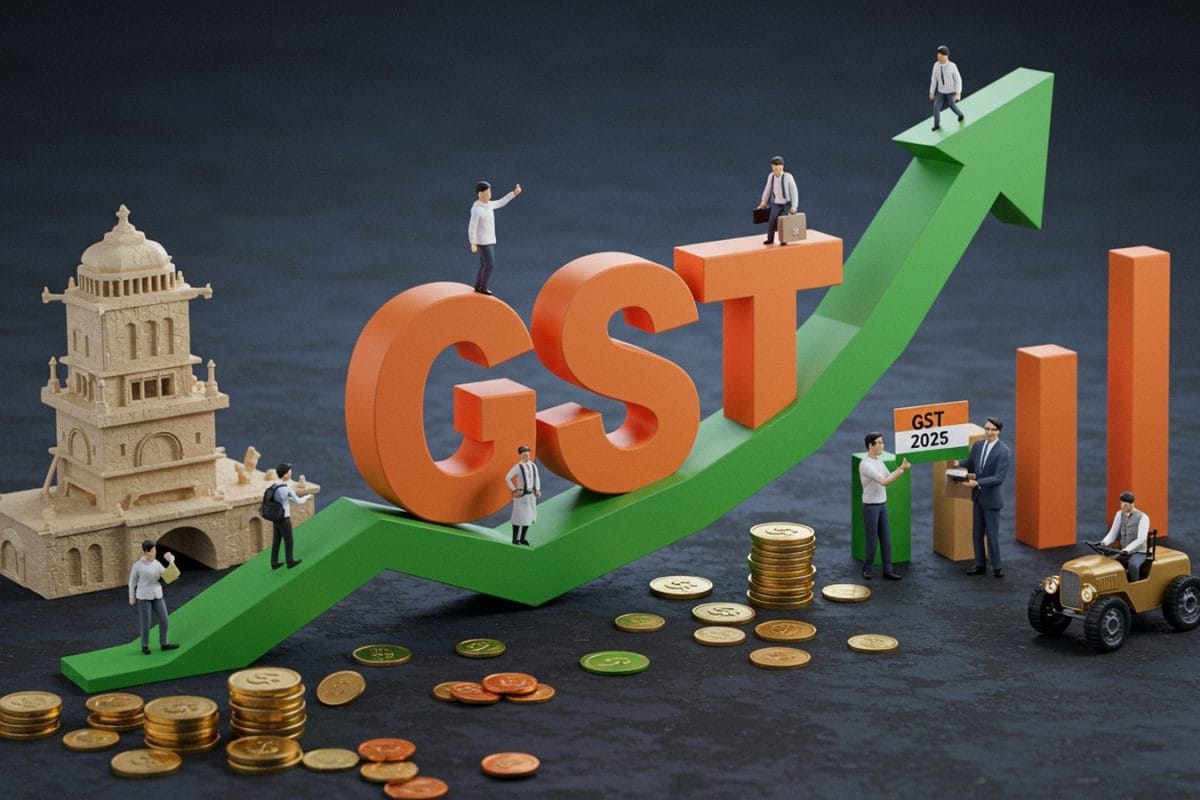

Goods and Services Tax (GST) Day is observed on July 1st every year to commemorate the implementation of GST in India on July 1, 2017. GST is a comprehensive, multi-stage, destination-based, indirect tax that is levied on every value addition. It has largely subsumed almost all the indirect taxes except a few state taxes. GST Day marks a turning point in India's economic playbook and is an opportunity for the government, tax professionals, and businesses to take stock of how GST is evolving and where it’s headed.
History
The Goods and Services Tax (GST) was first proposed in India in the early 2000s. The Kelkar Task Force suggested replacing the old structure that hindered the nation's economic growth with a comprehensive indirect tax system. In 2006, the Indian government initially proposed GST. The 122nd Constitutional Amendment Bill, necessary for implementing GST, was approved by the Lok Sabha in May 2015 and by the Rajya Sabha in August 2016. After receiving presidential assent, the GST Council settled the rates and structure of the GST. Finally, after a long debate, GST was launched on June 30, 2017, in a midnight session of Parliament and implemented on July 1, 2017. The first GST Day was observed on July 1, 2018, one year after the tax system’s implementation.
Significance
GST Day is significant because it marks a major turning point in India's economy. The day is observed to appreciate this turning point in India's economic playbook. It spotlights GST's role in unifying the tax system, recognizes the efforts of policymakers and businesses, and encourages awareness and better compliance. GST replaced a tangled web of taxes like VAT, service tax, excise duty, and octroi with one unified system, simplifying tax filings for businesses. The introduction of GST has had a significant impact on the Indian economy, providing a simplified tax structure and a unified market for the seamless movement of goods and services across state borders. GST has contributed to the growth of the formal economy and increased tax revenue for the government.
To commemorate GST Day 2025, the Central Board of Indirect Taxes and Customs (CBIC) has announced a nationwide GST Pakhwada from June 16 to June 30, 2025. This initiative includes taxpayer helpdesks, industry conclaves, and public engagement programs across all CGST Zones to raise awareness, highlight the positive impacts of GST, and offer resolution to trade issues through direct engagement. All GST government buildings will be lit up for one week during the celebration, and infographics and animated videos will be displayed to showcase the positive impact of GST, the ease of doing business, and increased tax transparency in India.
Impact on the Indian Economy
GST has brought about a significant transformation in the Indian economy by:
GST has improved tax collection, minimized tax evasion, and enhanced the ease of doing business. It has promoted a formal economy by encouraging small businesses to register, resulting in better revenue tracking and economic growth. Long-term, GST is expected to boost economic growth by encouraging compliance, improving logistics efficiency, and reducing tax evasion.
Quotes on GST
Several notable figures have commented on the significance and impact of GST:
As India marks GST Day 2025, it is a reminder of how far the country has come in simplifying the tax ecosystem, improving transparency, and nudging India toward a more formal economy. GST has simplified the tax ecosystem, improved transparency, and nudged India toward a more formal economy. With every tweak, every Council meeting, and every tech upgrade, GST is still finding its feet, shaping the future of doing business in India.